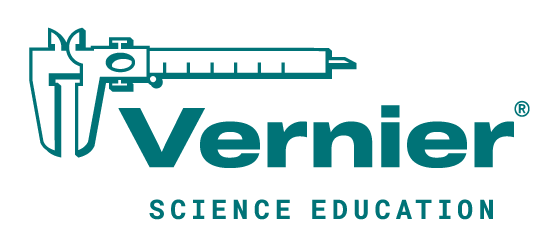Since we started this company in the early 1980’s, we have always tried to provide a way for teachers and students to “do their own thing”, using our sensors. The following provides a list of coding environments that we support with libraries, documentation, and examples. With other coding, plotting, or analysis software, such as MATLAB, Google Colab, or Excel, we recommend that the Vernier sensor data is collected using our Graphical Analysis app, and then imported into the environment for analysis.
Scratch
Scratch is an extremely popular programming language for young people. It dominates the elementary and middle-school programming world. We have a Scratch extension, sample projects, and Scratch activities that work with Go Direct® Force and Acceleration Sensor (
Arduino
We have Arduino libraries for both our Go Direct sensors and our LabQuest sensors. For more information on using Vernier sensors with Arduino microcontrollers, refer to:
- Getting Started with Vernier Go Direct® Sensors and Arduino® User Manual
- Vernier LabQuest Sensors with Arduino Online Guide
Python
We have Python libraries for both our Go Direct sensors and our LabQuest sensors. In addition, there are Python modules for Go Direct sensors with TI graphing calculators. Learn more by visiting our Python landing page.
- Getting Started with Vernier Go Direct® Sensors and Python
- Getting Started with Vernier LabQuest® and Python
LabVIEW
We provide LabVIEW support for both our Go Direct sensors and our LabQuest sensors, as well as Go Direct® SpectroVis® Plus Spectrophotometer (
- LabVIEW for Go Direct Sensors
- LabVIEW for Go Direct SpectroVis Plus Spectrophotometer
- LabVIEW for LabQuest
JavaScript
We have a JavaScript library for Go Direct sensors. To learn more, visit our JavaScript Landing Page.
